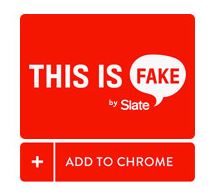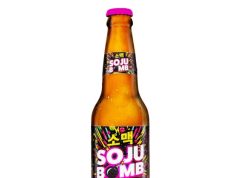Fake news is spreading on the social media like wild fire, thanks to the careless attitude of users who help to spread them around. The most recent example is the claim of HIV contamination in Thai canned foods. This was subsequently refuted by Health director-general Datuk Dr Noor Hisham Abdullah as baseless.
Halal is a popular topic in Malaysia. It strikes fear and anger in consumers and companies when news start spreading alleging a particular brand or product in the market actually contains non-permissible ingredients.
The problem with fake news is they have a life on its own. Even after the authority or expert has confirmed the claim is not true, the false news will reappear again. This makes stamping out fake news difficult.
Spotting a fake news is easy. It is often very long winded and tends to cite an expert from a true or fictitious entity to improve the ‘credibility.’
With most Malaysians now getting their stories from social media, even 80% of students in the US cannot differentiate between a real story and a fake one.
It is time we have something similar to Slate’s new debunking tool to help stop the spread of fake news.

At the end of the day, it is the brands and category that will suffer in the long run. A consistent brand message and transparency is required to protect brands from the damages brought on by the fake news.












